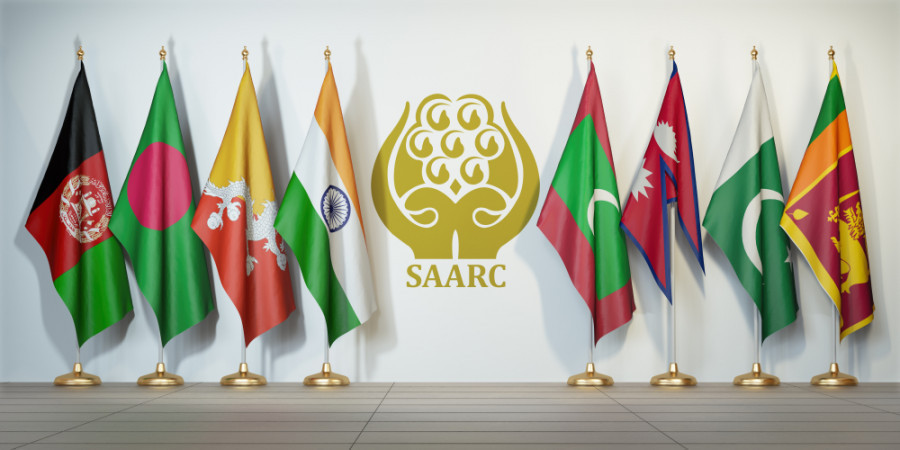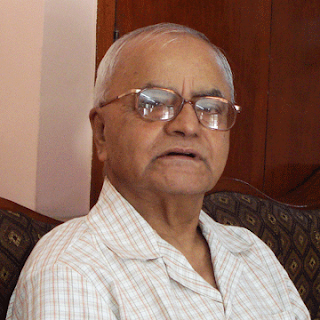Columns
Didn’t quite work out
Member states will soon forget SAARC even if they do not formally declare its death.
Lok Raj Baral
Regional organisations are created to promote commonalities of interests. Identical perceptions and realities, a sense of interdependence, and desire for cooperative and peaceful relations with each other and the world community are some of the prerequisites for promoting regional cooperation. In some cases, a strong dose of security considerations also propels countries to forge regionalism.
The South Asian Association for Regional Cooperation (SAARC) had many such underpinnings when talks were held to give it final shape in 1985. The diplomats understood the intricacies and inter-state problems in the region, but they seemed to have been guided more by their political leaders than the objective to form a regional forum. South Asian leaders, let alone academics, were not cognisant of the ground realities that inhibited the evolution of regional cooperation.
Problems of identity, strategic calculations and geo-political aspects have always existed to discourage regional cooperation.
No action, talk only
SAARC didn’t move forward and remained as a “no action, talk only (NATO)” forum, to cite Jairam Ramesh of India. Now even holding talks has stalled due to shifting priorities of the big countries, especially India. Projects to be undertaken by SAARC are halted as if the group's existence is questionable. The SAARC Secretariat lies almost abandoned as its presence is not felt either in the official or non-official circles.
My own assessment of SAARC is based on my long association with activities undertaken by governments as well as by non-governmental organisations and academic institutions. Cordial bilateral relations are a prerequisite for a cooperative enterprise like SAARC, but no such trends are evident in South Asia.
The same inherited mindset and mistrust of each other continue to overwhelm SAARC, forcing its member countries to look for alternatives. India, in particular, has seemingly moved away from SAARC due to much intensified conflictual relations with Pakistan. It seems there is no likelihood of relations improving as the power elites of both countries are engaged in some sort of a zero-sum game that hardly allows them to embrace a win-win situation. Competition encompasses multiple dimensions—strategic, geo-political, socio-cultural and economic. The Hindutva agenda promoted by the Bharatiya Janata Party government has reinforced the scope of fear and animosity. The SAARC Summit has been in limbo since the last gathering was held in Nepal six years ago, and there is no sign of another summit being held in the foreseeable future due to rising Indo-Pakistan tensions.
From the geo-political and geo-strategic points of view, South Asia is increasingly becoming a zone of conflict. The rising role of political religion, depleting economic conditions and increasing trade deficit between India and her small neighbours are some of the reasons that negate the trend of regional cooperation. The looming presence of China and its strategic and other relations with Pakistan have added new dimensions to Indo-Pakistan relations. India’s own strained bilateral relations with China since the intensification of border conflict in recent years has prompted it to find other options to deal with China. India has now found a new strategic partner—the United States—whose objective to stem Chinese influence in the Indo-Pacific region is also likely to work as a deterrent along the northern border. The festering Kashmir problem became further complicated for Pakistan after the Modi government decided all of Kashmir was an integral part of India and ended its separate status. Kashmir is now under central rule, and its statehood has been suspended for now.
There is no common thread that binds all the countries of the region together. Smaller countries have their own problems of sustainability. Covid-19, current recessionary trends in the economy and crises of governance have added to the difficulties. No country seems to have been able to free itself from past prejudices, animosity, fear and suspicion. Moreover, the role of active international players is rising because of the China factor. An international rival power, the US, is seeking space to checkmate China.
Tightrope walking
Nepal is in a tightrope walking situation owing to the triangular power contest between China, India and the US. It has been said that India will be closer to the US only in the context of its border situation and not to the extent of encircling China for the larger international context. It is assumed that India will not join the Western club as it prefers to maintain a balance between the major powers, including China, Russia and America. Thus, despite the great expectations of the Western powers of India's support for Ukraine, it has maintained its traditional relationship with Russia, enabling it to continue the flow of Russian crude oil into the country. India is a big market for Russian weapons of varying kinds which anti-Russian forces see with askance.
For any regional organisation to grow, legitimacy, a feeling of complementarity and interdependence and some degree of strategic congruence are essential. In the case of the European Union, there is a “strong feeling of regional identity, based on geography and cultural affinities, and there is extensive productive interaction for the management of interdependencies”. No such ingredients are found in the agenda of the South Asian region. Taking all such aspects into consideration, SAARC is not likely to function as a regional forum. On the contrary, member states will soon forget it even if they do not formally declare its death.




 13.12°C Kathmandu
13.12°C Kathmandu















